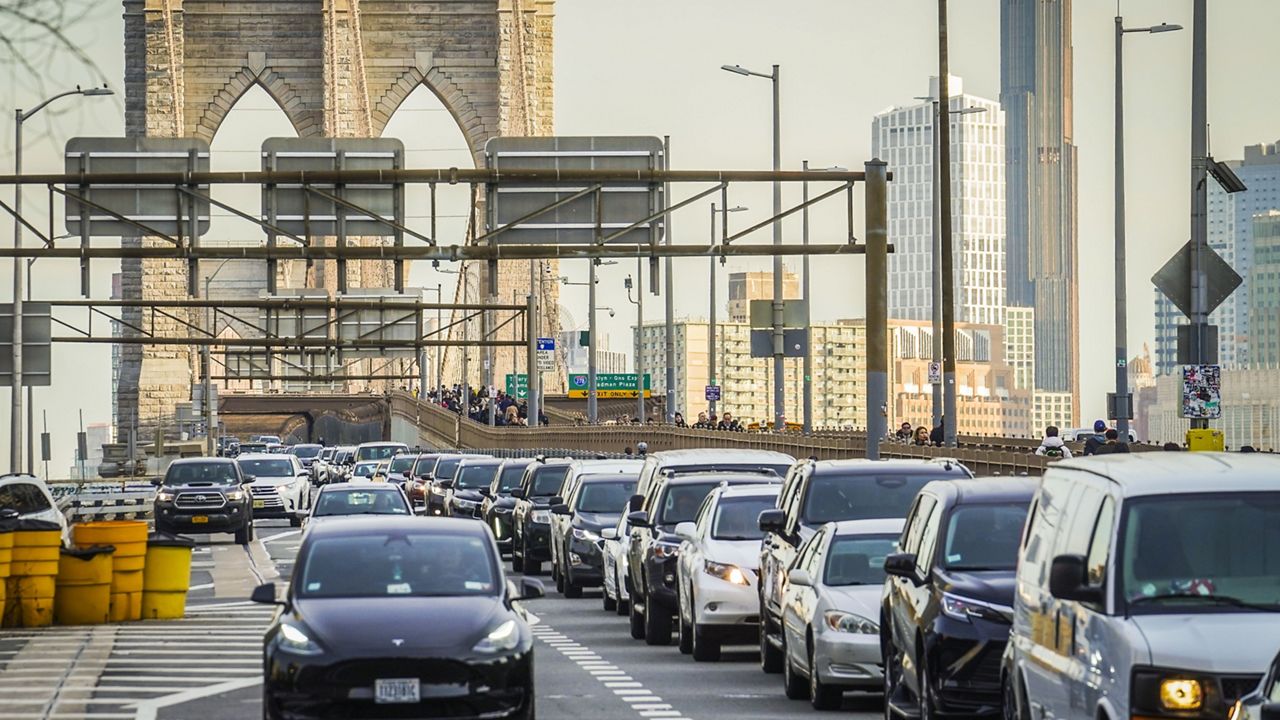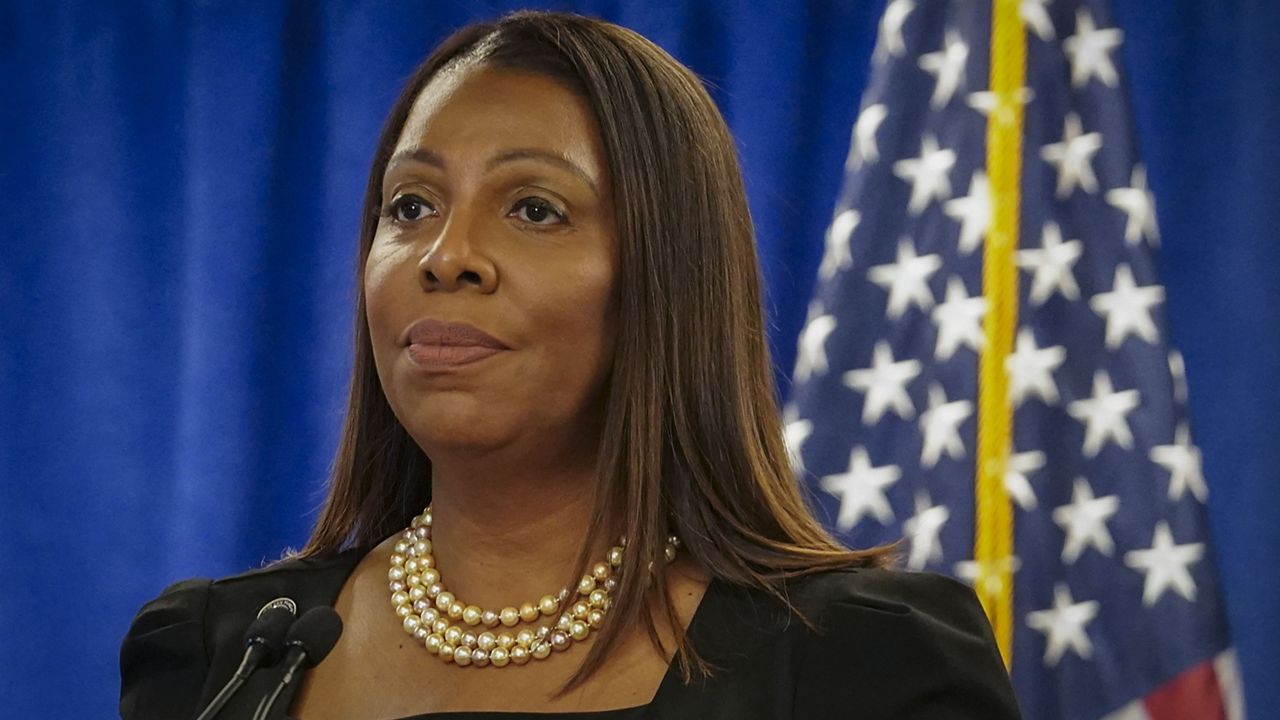After Mayor Eric Adams signed and extended an executive order to temporarily change the city’s right-to-shelter law earlier this month, the administration filed court papers Tuesday, asking a judge to amend part of the law on a longer-term basis.
Adams announced Tuesday that the city filed an application seeking to modify a 1984 consent decree that requires the five boroughs to "provide shelter and board to each homeless man who applies for it," as long as they meet the state's need standard, or if they need temporary shelter by "reason of physical, mental or social dysfunction."
The city is requesting to amend that paragraph to say "homeless single adults," and then add a second paragraph that reads, "The obligations to provide shelter to both homeless adults and to adult families shall be stayed when the City of New York and the Department of Homeless Services (DHS), lacks the resources and capacity to establish and maintain sufficient shelter sites, staffing, and security to provide safe and appropriate shelter."
Camille Joseph Varlack, the mayor’s chief of staff, joined Errol Louis on “Inside City Hall” Tuesday to talk more about Adams’ process to amend the law.
The chief of staff said the administration is not asking the court to do away with the right-to-shelter law.
“What we are essentially saying to the court is, we need to come back to the table with all of those parties and have a conversation about how we maintain the right-to-shelter under a circumstance that was not contemplated 40 years ago,” she said.
Varlack said the city has approximately 93,000 people in its care, a number that the court filing says includes both “asylum seekers and the city’s ‘resident homeless’ population.” The city’s Department of Homeless Services is providing for 81,000 of those individuals, according to the court filing.
According to the court filing, more than 44,000 asylum seekers remain in locations provided by the city.
Varlack said the purpose of the letter is to “take care of and provide for” migrants, which includes their safety and providing them with services. She said the city is at a point where it does “not have the capacity to continue to maintain that.”
“We are concerned about our continued ability to provide the level of care that we need to under the regulations and the laws that apply,” she said.









